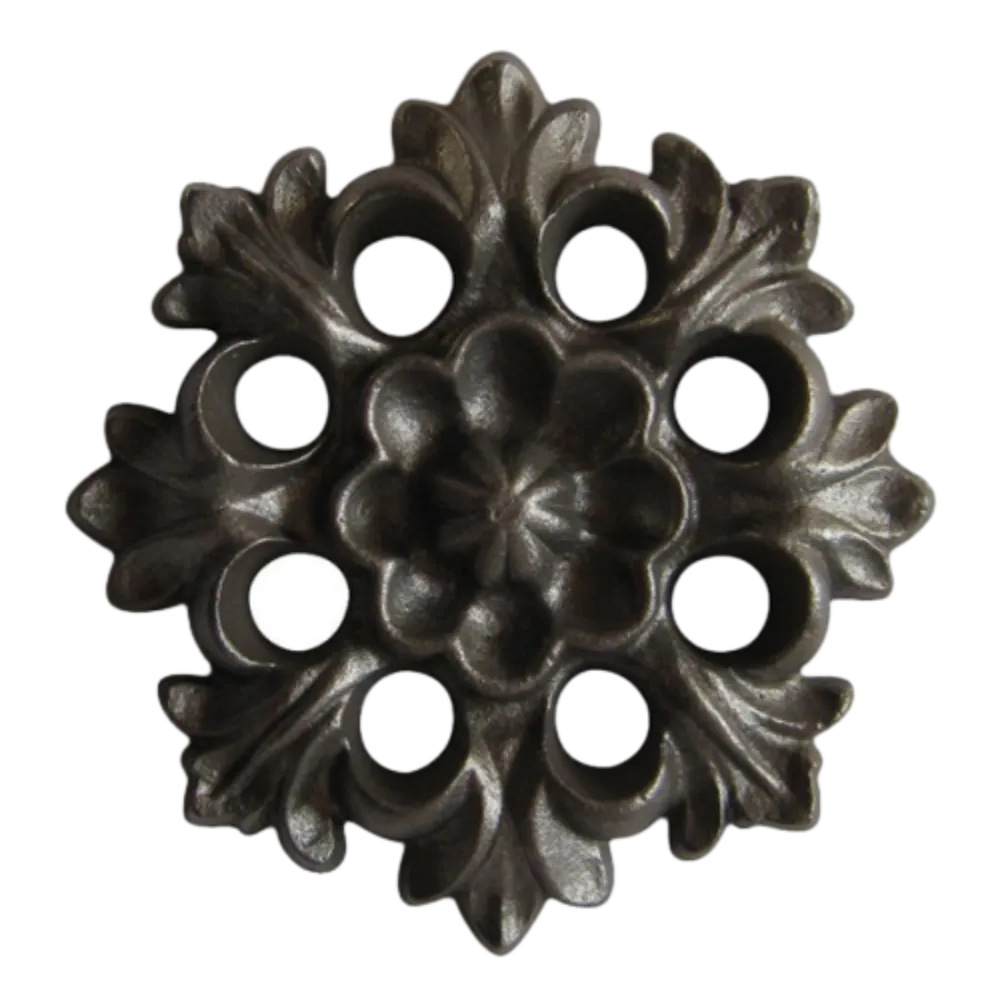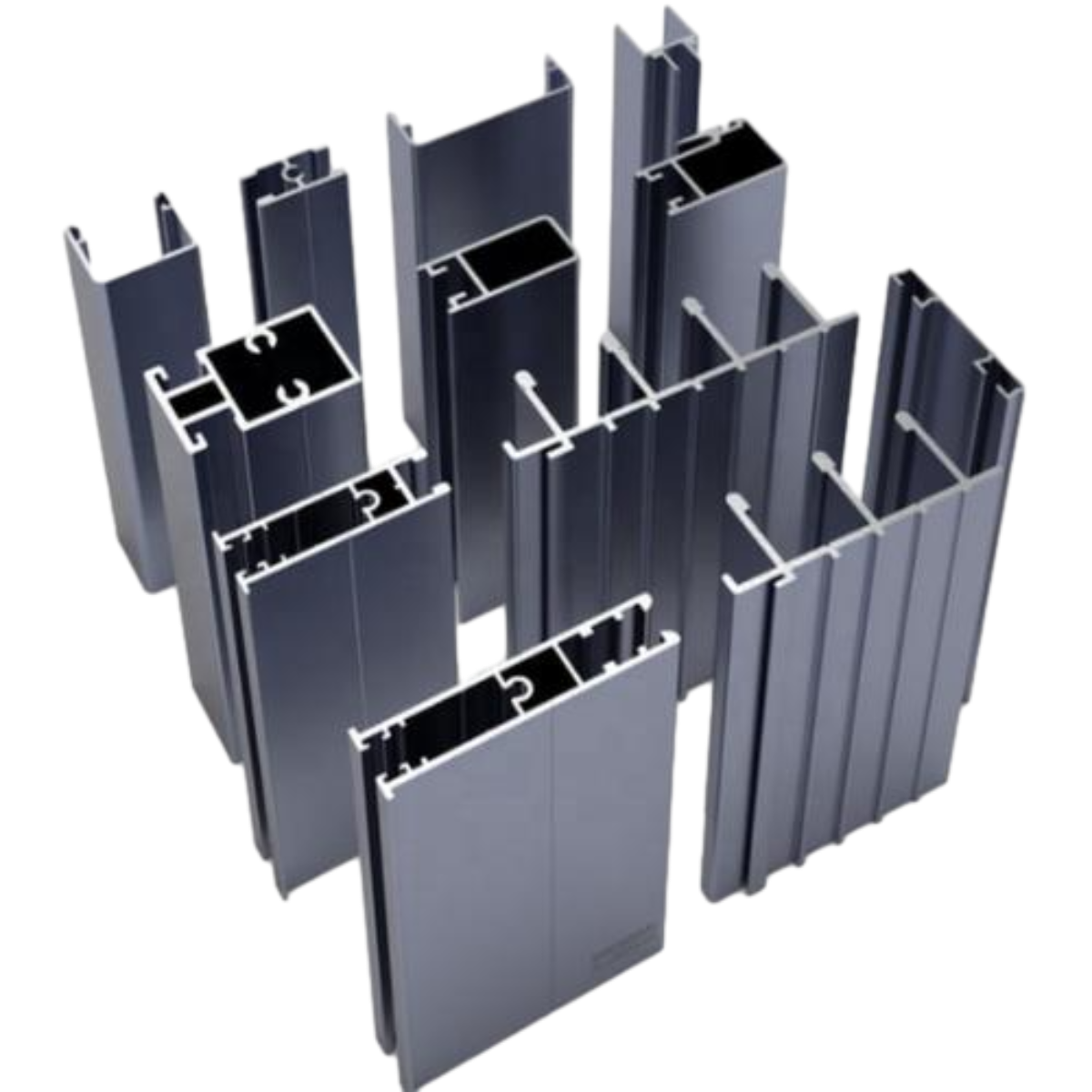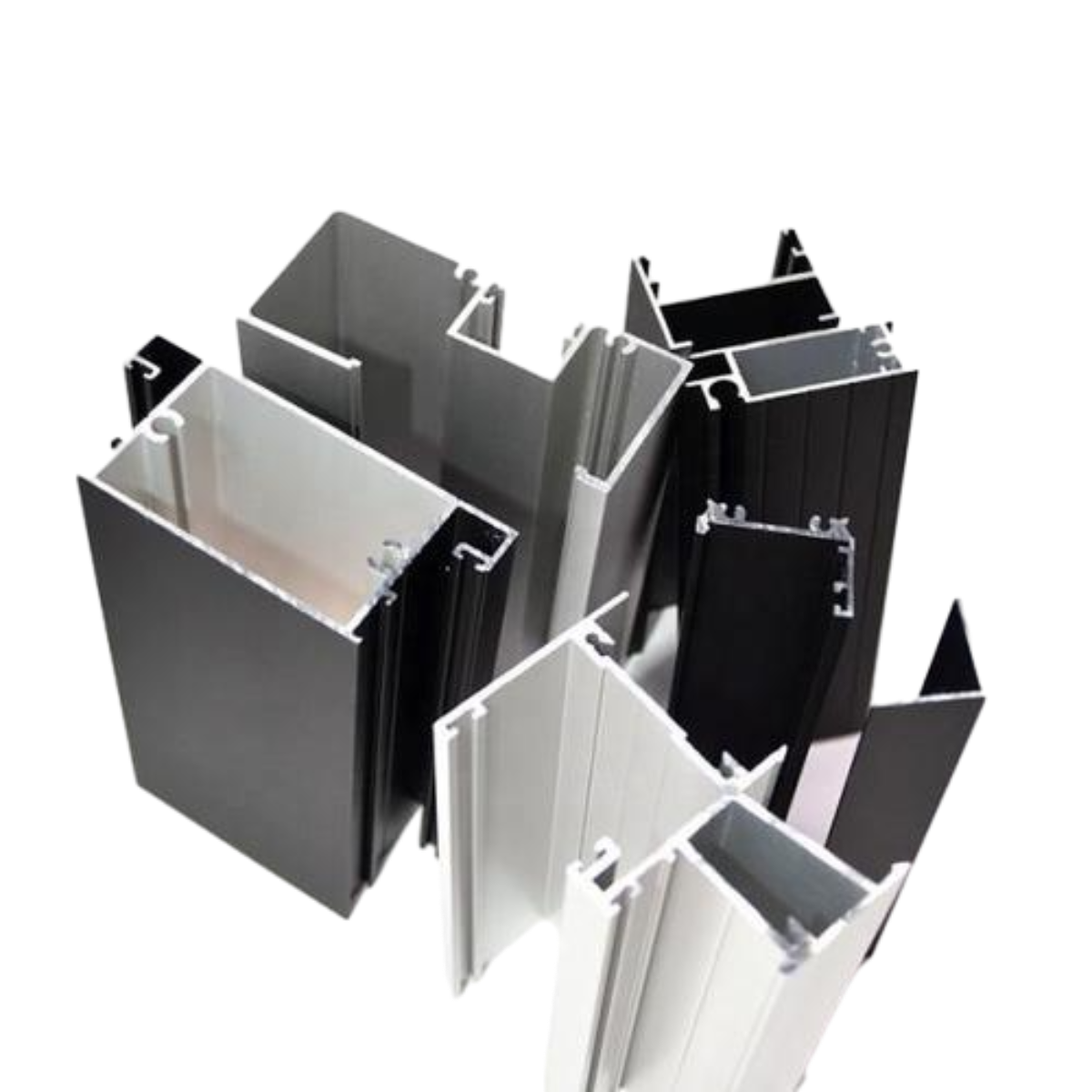Choosing the Best Rollers for Smooth Operation of Aluminum Sliding Windows in Your Home
Rollers for Aluminum Sliding Windows A Comprehensive Guide
Aluminum sliding windows are increasingly favored in modern architecture due to their sleek look, durability, and excellent functionality. A crucial component that contributes to the performance of these windows is the roller system. Rollers for aluminum sliding windows are designed to provide smooth and efficient operation, ensuring that the windows can be effortlessly opened and closed. In this article, we will explore the types, features, and maintenance of rollers used in aluminum sliding windows.
Types of Rollers
There are primarily two types of rollers used in aluminum sliding windows standard and heavy-duty rollers.
1. Standard Rollers These are typically made from high-quality plastic or nylon and are designed for general-use windows in residential environments. Standard rollers provide a good balance of cost and performance, allowing for smooth sliding action in lighter window configurations.
2. Heavy-Duty Rollers As the name suggests, heavy-duty rollers are constructed to support heavier window panels. They are often made from materials such as stainless steel or reinforced nylon, offering greater weight tolerance and durability. These rollers are particularly suitable for larger windows that require extra support and stability.
Both types of rollers feature ball bearings that reduce friction, allowing the windows to glide smoothly along the track. The choice between standard and heavy-duty rollers depends on the size, weight, and usage of the sliding window.
Key Features
When selecting rollers for aluminum sliding windows, several features should be taken into consideration
- Material The material of the rollers significantly affects their performance and lifespan. While non-corrosive materials like nylon can be sufficient for standard applications, stainless steel or other robust materials are better suited for areas exposed to moisture or harsh weather conditions.
- Adjustability Many roller systems come with adjustability features, allowing homeowners or installers to fine-tune the height and alignment of the window. This is particularly important for ensuring a tight seal, reducing air and water infiltration.
rollers for aluminum sliding windows

- Weight Capacity Understanding the maximum weight capacity of the rollers is essential
. Rollers designed for lightweight panels may wear out quickly if used with heavier windows.- Noise Levels Some rollers operate more quietly than others. If noise is a concern, it’s wise to look for rollers that are specifically designed to minimize sound during operation.
Maintenance Tips
To ensure the long lifespan and proper functioning of aluminum sliding window rollers, regular maintenance is vital
1. Cleaning Tracks Dirt and debris can accumulate in the tracks, hindering the smooth operation of the window. Regularly cleaning the tracks with a vacuum or cloth can prevent this buildup.
2. Lubrication Applying a silicone-based lubricant to the rollers and tracks can help reduce friction and make sliding the windows easier. Avoid using oil-based lubricants, as they can attract dirt and grime.
3. Inspection Periodically inspect the rollers for signs of wear and tear. If they are damaged or show significant wear, consider replacing them promptly to avoid further complications.
4. Adjustment If the window does not slide smoothly, check the adjustments. Misaligned rollers can cause strain on the window and roller system, leading to premature wear.
Conclusion
Rollers for aluminum sliding windows play a vital role in their functionality and ease of use. By understanding the types, features, and maintenance requirements of these rollers, homeowners can make informed decisions that enhance the performance and longevity of their sliding windows. Investing in the right roller system not only ensures smooth operation but also contributes to the overall efficiency and aesthetic appeal of the living space.
-
Why Choose Cast Iron for Your Next Project?NewsApr.27,2025
-
Timeless Charm of Cast Iron Decorative ElementsNewsApr.27,2025
-
Wholesale Cast Iron Products: A Growing Trend in Home and Garden DécorNewsApr.27,2025
-
The Advantages of Using Ornamental Cast Iron Parts in Your Design ProjectsNewsApr.27,2025
-
Why Ornamental Iron Castings Are Essential for Timeless DesignNewsApr.27,2025
-
The Elegance and Durability of Ornamental Cast Iron PanelsNewsApr.27,2025















